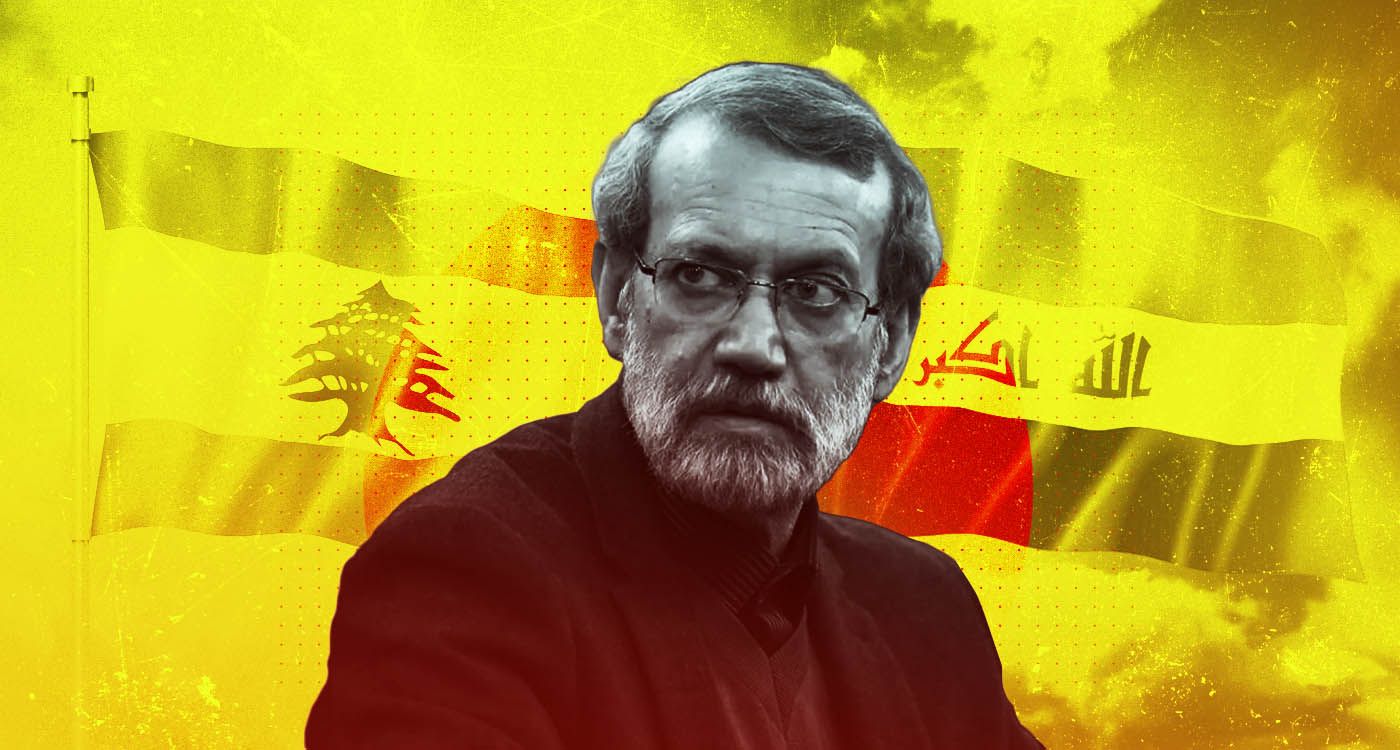
Ali Larijani, Secretary of Iran’s Supreme National Security Council, has set off on a three-day visit to Iraq and Lebanon amid growing political and security challenges tied to the armed Shia militias in both countries. Appointed just last week to lead the Supreme Council, Larijani signed a security agreement with Baghdad on Monday.
His upcoming visit to Lebanon, scheduled for Wednesday, has sparked unease among much of the political establishment. This follows a series of statements from Iranian officials opposing the recent government decision to disarm Hezbollah, approved last week by the Council of Ministers. Lebanon’s Foreign Minister Youssef Rajji condemned what he called “Iran’s blatant interference in Hezbollah’s disarmament and its encouragement to keep weapons,” actions he said violate the constitution, laws, and Lebanon’s national interests. Many others have taken to social media, urging Tehran to “focus on its own affairs.”
Tehran’s Challenge in Iraq
In Iraq, Larijani’s mission was to negotiate a delicate compromise: to integrate the Shia militias into the national army while allowing them some operational independence as Iran’s proxies.
These militias, mainly united under the Popular Mobilization Forces coalition (Hashd al-Shaabi), remain deeply influential and are sometimes as powerful militarily as the state’s forces. The Iraqi government is trying to rein in their influence, but tensions run high, especially after the 2020 break between Ayatollah Sistani, Iraq’s top Shia authority, and the pro-Iran militias.
The schism highlights a major religious and political divide: some want these militias fully integrated under state control, while others reject giving up their autonomy. Those opposing full submission aim to keep Tehran’s influence alive, according to David Rigoulet-Roze, an Iran expert at the French Institute for Strategic Analysis (IFAS), who was interviewed on the matter.
In Lebanon, Hezbollah is already criticized for its policies and involvement in regional conflicts at the expense of Lebanese interests. The group is now militarily weakened following its recent conflict with Israel and the fall of its Syrian ally. Under pressure, Hezbollah is fighting to maintain its arsenal and influence despite growing opposition. This leaves the group in a vulnerable and, some argue, reckless position that threatens Lebanon’s stability.
A Turning Point for the Region?
Larijani’s visit comes at a time of mounting tension, as Tehran’s grip on its militias faces pushback from local governments eager to reclaim control over their own security.
With Hezbollah’s weakening in Lebanon and efforts to control militias in Iraq, Tehran’s regional influence is under serious threat. Larijani’s trip appears to be a last-ditch effort to reinforce Iran’s hold just as its military proxies face increasing challenges.




Comments